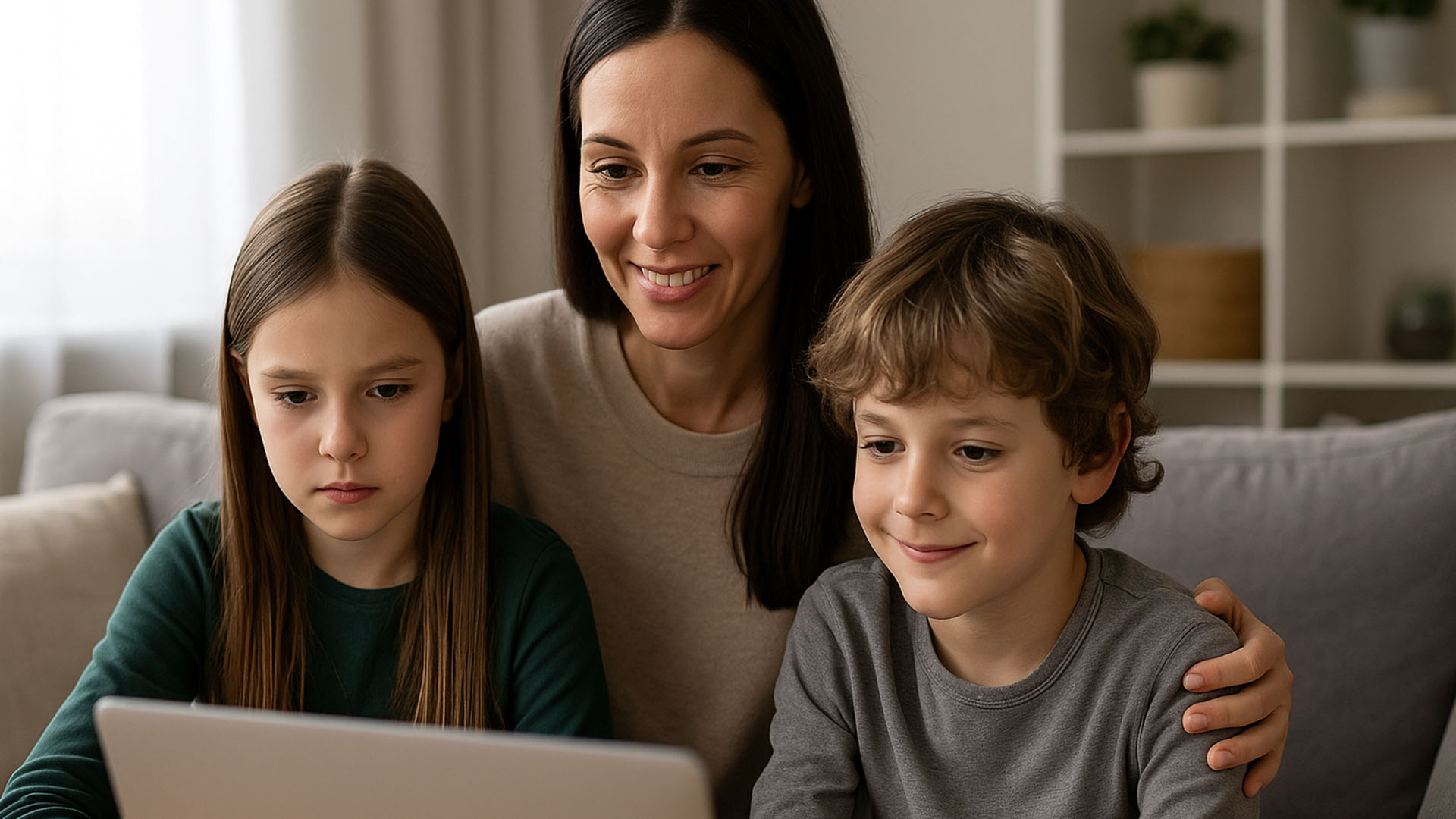The internet is a powerful tool for connection and communication, but it can also be a space where negativity and unkindness can spread. Teaching children to be positive and responsible digital citizens is essential for creating a safer and more supportive online environment for everyone. This guide offers practical advice for parents on how to promote positive online behavior, drawing on resources from Common Sense Media [1] and the American Academy of Pediatrics [2].
The Importance of Digital Citizenship
Digital citizenship is about more than just knowing how to use technology; it’s about using it responsibly and ethically. It involves understanding the rights and responsibilities that come with being part of an online community and making choices that have a positive impact on others. By teaching children the principles of good digital citizenship, we can empower them to be kind, respectful, and empathetic online.
Be a Role Model: Lead by Example
Children often learn by observing the adults in their lives. Parents can set a powerful example by demonstrating positive online behavior themselves. This means being mindful of what you post, share, and comment on, and treating others with respect in your own online interactions. When children see their parents being kind and thoughtful online, they are more likely to do the same.
Teach Empathy and Kindness
Empathy is the ability to understand and share the feelings of others. It’s a crucial skill for navigating the online world, where it can be easy to forget that there are real people with real feelings behind the screen. Encourage your child to think about how their words and actions might affect others and to choose kindness in their online interactions. Discuss the importance of standing up for others who are being treated unkindly and reporting cyberbullying when they see it.
Establish Clear Family Rules and Expectations
Creating a family media plan can help establish clear rules and expectations around technology use. This can include guidelines on screen time, appropriate websites and apps, and how to behave online. The American Academy of Pediatrics offers a helpful tool for creating a personalized family media plan that can be tailored to your family’s values and needs [2].
Encourage Critical Thinking and Media Literacy
Media literacy is the ability to access, analyze, evaluate, and create media in a variety of forms. It’s an essential skill for navigating the vast amount of information available online. Help your child develop critical thinking skills by encouraging them to question what they see online, consider the source of information, and think about the potential motives behind different messages. Common Sense Media provides a wealth of resources for parents and educators on teaching digital literacy and citizenship [1].
Q&A
Q1: What is digital citizenship?
A1: Digital citizenship is the responsible and ethical use of technology. It involves understanding the rights and responsibilities of being part of an online community and making choices that have a positive impact on others.
Q2: How can parents teach their children to be kind online?
A2: Parents can teach kindness by being a positive role model, encouraging empathy, and discussing the impact of words and actions on others. They can also teach children to stand up against cyberbullying.
Q3: What is a family media plan?
A3: A family media plan is a set of rules and expectations for technology use that is created by the family. It can help establish healthy habits and promote positive online behavior.
Q4: Why is media literacy important?
A4: Media literacy is important because it helps children develop critical thinking skills to evaluate the information they see online, consider the source, and understand the messages they are receiving.
Q5: Where can parents find resources on digital citizenship?
A5: Parents can find resources on digital citizenship from organizations like Common Sense Media and the American Academy of Pediatrics.
Sources
[1] https://www.commonsensemedia.org/digital-literacy-and-citizenship
[2] https://www.healthychildren.org/English/fmp/Pages/MediaPlan.aspx








0 Comments